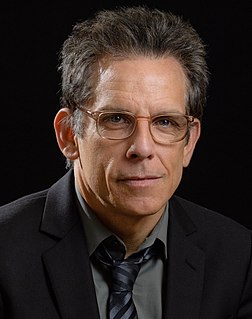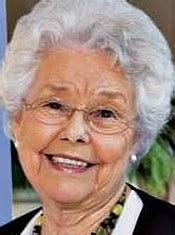A Quote by Reginald Horace Blyth
These are some of the characteristics of the state of mind which the creation and appreciation of haiku demand: Selflessness, Loneliness, Grateful Acceptance, Wordlessness, Non-intellectuality, Contradictoriness, Humor, Freedom, Non-morality, Simplicity, Materiality, Love, and Courage.
Related Quotes
In materiality we find some advance faster, some grow stronger, some become weaklings. Until there is redemption through the acceptance of the law (or love of God, as manifested through the Channel or the Way), there can be little or no development in a material or spiritual plane. But all must pass under the rod, even as He-who entered into materiality.
Freedom is a state of mind, I said wondering where I'd heard it before, not a state of being. We are all slaves to gravity and morality and the vicissitudes of nature. Our genes govern us much more than we'd like to think. Our bodies can not know absolute freedom but our minds can, can at least try.
Meditation is the emptying of the mind of all the things that the mind has put together. If you do that -perhaps you won't, but it doesn't matter, just listen to this- you will find that there is an extraordinary space in the mind, and that space is freedom. So you must demand freedom at the very beginning, and not just wait, hoping to have it at the end. You must seek out the significance of freedom in your work, in your relationships, in everything that you do. Then you will find that meditation is creation.
Freedom! That was the thought that sung in her heart so that even though the future was so dim, it was iridescent like the mist over the river where the morning sun fell upon it. Freedom! Not only freedom from a bond that irked, and a companionship which depressed her; freedom, not only from the death which had threatened, but freedom from the love that had degraded her; freedom from all spiritual ties, the freedom of a disembodied spirit, and with freedom, courage , and a valiant unconcern for whatever was to come.

































